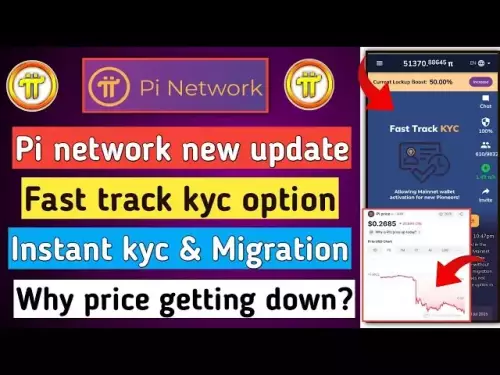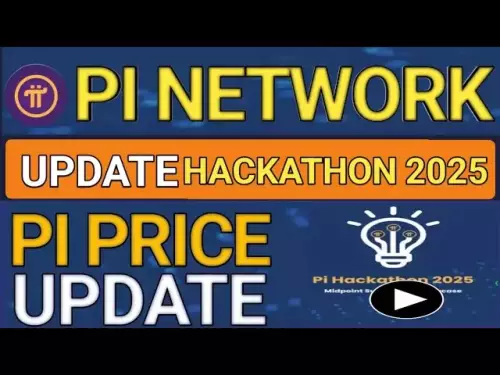 |
|
 |
|
 |
|
 |
|
 |
|
 |
|
 |
|
 |
|
 |
|
 |
|
 |
|
 |
|
 |
|
 |
|
 |
|
Cryptocurrency News Articles
Points: Predatory Gambling or Path to Fairness in Crypto?
Mar 27, 2024 at 06:01 am
Points, offered by blockchain applications to incentivize usage, exploit our desire for gambling. Inspired by liquidity mining, airdrops have become a common growth-hacking tactic. However, points today have evolved into predatory programs with opaque rewards, arbitrary changes, and potential for abuse. While points themselves are not inherently problematic, their current design preys on users and undermines the principles of transparency and fairness in decentralized finance.

Are "Points" a Predatory Gamble or a Path to Fairness?
In the realm of blockchain, "points" have emerged as a contentious topic. These quasi-loyalty programs entice users with the promise of speculative rewards, but are they truly a benefit or a veiled form of gambling? Let's dive into the complexities of this crypto phenomenon.
Genesis of "Points": A Historical Perspective
To grasp the essence of "points," it's crucial to trace their lineage. Liquidity mining, pioneered by Compound, ignited the DeFi Summer in 2020. Users were incentivized to lend and borrow with its COMP tokens. Soon, a slew of projects followed suit, each tailoring their incentives to attract users.
One notable player, Sushiswap, launched SUSHI tokens to encourage liquidity provisioning, aiming to outmaneuver Uniswap in a so-called "vampire attack." This maneuver prompted Uniswap to issue its own governance token, UNI, accompanied by a retroactive airdrop for early adopters.
The UNI Airdrop: A Catalyst for DeFi
The UNI airdrop, with its unprecedented reach, became a catalyst for decentralized finance. New users flocked to the platform, drawn by the allure of potential gains. This same airdrop strategy has been emulated by countless other protocols across various blockchains, albeit with varying degrees of innovation.
Blur and the Rise of "Points"
2022 marked the advent of "points." Blur pioneered this approach, enabling users to accumulate points by trading non-fungible tokens (NFTs) on its marketplace. By obfuscating the earning criteria, Blur aimed to discourage speculative farming and promote genuine usage. Its resounding success prompted a proliferation of points programs across the industry.
Points vs. Loyalty Programs: A Distinction
A common misconception equates DeFi points to loyalty points offered by traditional entities like airlines or hotels. However, despite the shared nomenclature, they differ significantly in history and application. Whereas low-stakes loyalty programs reward repeat business, DeFi points often exploit hype to inflate metrics and generate revenue through fees.
The Predatory Nature of Points
The current state of points in DeFi is often predatory. Rewards are undisclosed, timelines are absent, and program parameters can be arbitrarily altered. Tokens may never be distributed or may be worthless, leaving users bearing the brunt of fees and opportunity costs.
Imperative for Transparency and Fairness
For points to fulfill their potential, they must undergo a fundamental transformation. Projects need to disclose rewards upfront, communicate a clear timeline, and honor their commitments.
Solend, a project I founded, implemented these principles in its "Points Season 1." We established a minimum rewards pool that could only be increased, and we provided a definitive timeline.
Path Forward: Transparency and Ethics
The future of points hinges on a commitment to transparency and fairness. By being upfront with users, projects can fulfill the promise of decentralized finance rather than perpetuating the opaque systems we sought to revolutionize. By prioritizing ethics, points can evolve from a speculative gamble into a valuable tool for engagement, retention, and rewards – as they were always intended to be.
Disclaimer:info@kdj.com
The information provided is not trading advice. kdj.com does not assume any responsibility for any investments made based on the information provided in this article. Cryptocurrencies are highly volatile and it is highly recommended that you invest with caution after thorough research!
If you believe that the content used on this website infringes your copyright, please contact us immediately (info@kdj.com) and we will delete it promptly.


























































